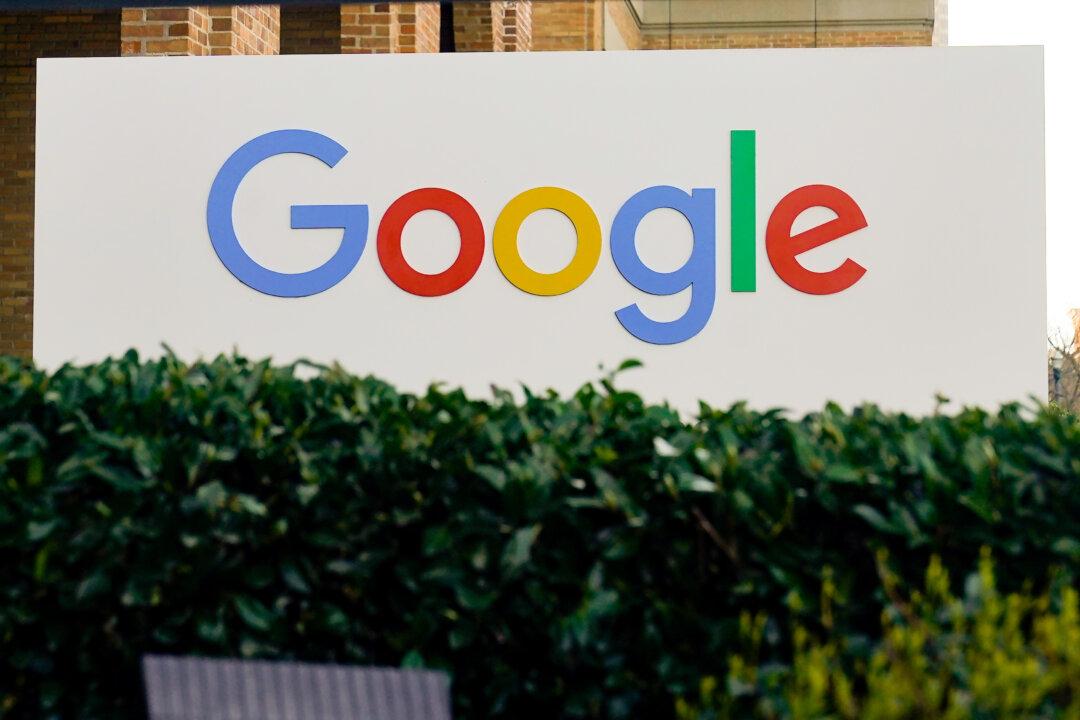Google has been accused of breaching antitrust rules in the European Union (EU), and the bloc’s regulators have issued a preliminary assessment that the only solution to addressing their competition concerns is to force Google to break up.
The European Commission (EC), which serves as the executive branch and primary antitrust regulator of the bloc, stated in its initial assessment on June 14 following an investigation that Google has distorted competition in the advertising technology industry.





